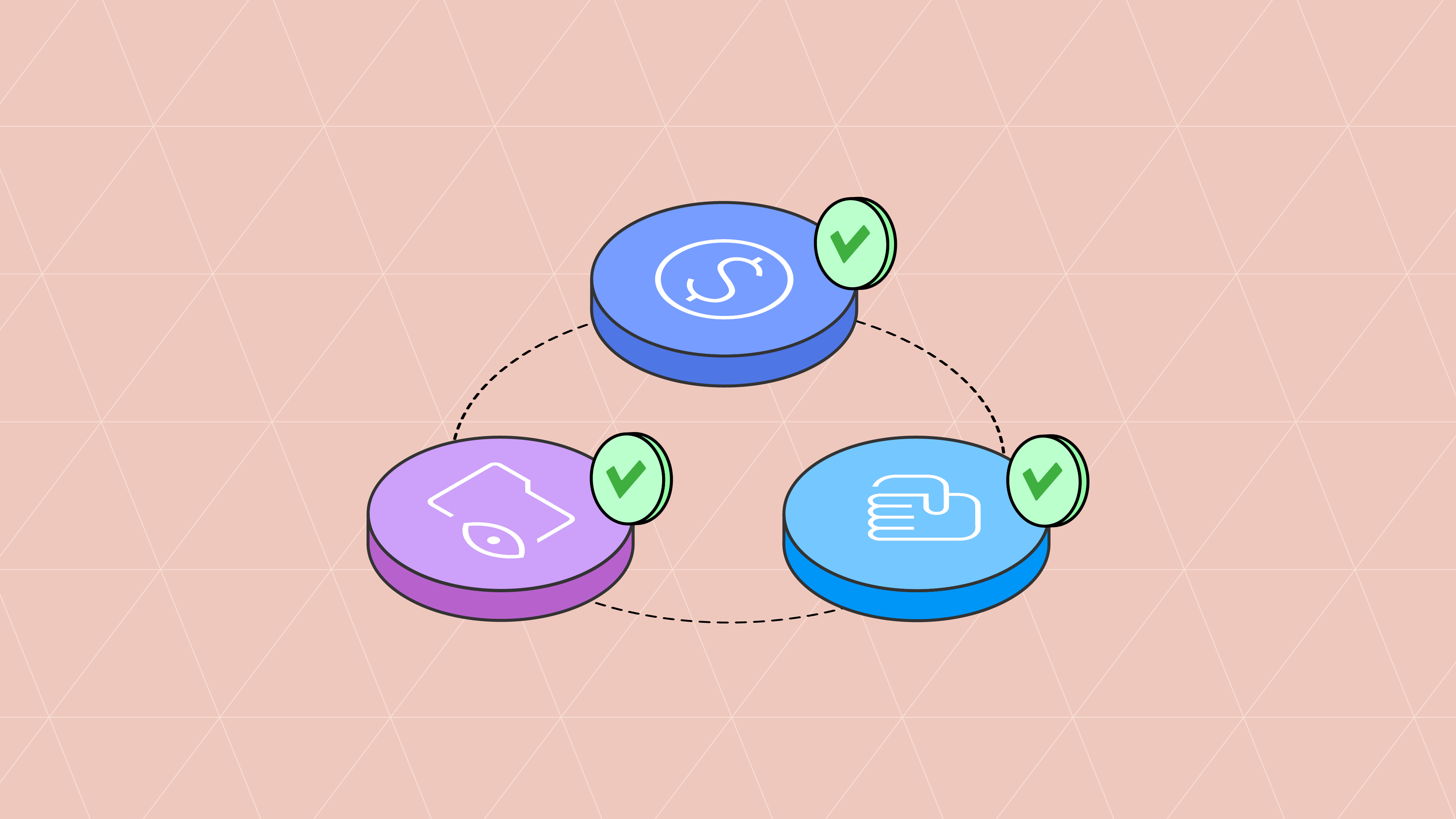The Complexity Challenge in Modern ERP Systems
Business enterprises face mounting demands to maintain operational flexibility while updating their technological infrastructure. Companies must integrate new technology solutions to stay competitive in today's dynamic marketplace. ERP system transitions present IT leaders with a unique chance to reimagine operational workflows and business processes.
Connected technology infrastructure forms the backbone of successful organizations, driving revenue growth and process optimization. However, the intricate nature of ERP ecosystems creates significant challenges during system migrations.
Streamlined Connectivity: Modern EDI Platform Advantages
Traditional EDI implementations often require extensive custom integration development for each trading partner relationship. When organizations migrate to new ERP systems, conventional EDI solutions demand complete reconstruction of these custom connections - a process that consumes substantial time and financial resources.
Contemporary EDI platforms offer a different approach through unified API connectivity. Instead of managing hundreds of individual point-to-point connections, businesses can establish a single integration per transaction type. Expert EDI teams handle the technical complexity of formatting ERP data to meet various trading partner specifications, reducing connection overhead and simplifying ERP transitions.
Accelerated Implementation Through Data Migration
The transition process begins with comprehensive production data extraction from existing ERP systems. Modern EDI platforms can rapidly ingest this information and create exact replicas within their infrastructure. Data mapping follows established X12 industry standards, ensuring consistency and compatibility across different business systems.
While traditional EDI providers typically require weeks or months to complete data mapping processes, advanced platforms can begin transformation work immediately upon data receipt. This acceleration significantly reduces implementation timelines and minimizes business disruption during ERP migrations.
Workflow API: Simplifying Multi-Transaction Management
A critical differentiator in modern EDI platforms is the implementation of workflow APIs that handle multiple transaction types through a single endpoint. Traditional EDI solutions require separate API endpoints for each transaction type - meaning organizations must manage distinct connections for purchase orders, invoices, advance ship notices, and other document types.
Workflow APIs consolidate this complexity by processing various EDI transactions through unified endpoints. This approach significantly reduces the technical overhead during ERP transitions since development teams only need to establish and maintain one primary connection rather than dozens of individual transaction-specific integrations.
The workflow API architecture also simplifies error handling and monitoring. Instead of tracking issues across multiple endpoints, IT teams can focus on a single integration point. This consolidation accelerates troubleshooting, reduces maintenance requirements, and minimizes the risk of connection failures during critical business operations.
For organizations migrating between ERP systems, workflow APIs provide substantial time savings. Rather than rebuilding numerous transaction-specific connections, businesses can redirect their existing workflow integration to the new ERP system, maintaining operational continuity while reducing implementation complexity.
Conclusion
ERP EDI integration complexity doesn't have to impede business growth or system modernization efforts. API-based EDI platforms provide the flexibility and speed necessary for successful ERP transitions while maintaining existing trading partner relationships. Organizations seeking to simplify their integration challenges should evaluate modern EDI solutions that prioritize transparency, speed, and operational efficiency.
Ready to explore how modern EDI integration can simplify your ERP transition? Contact our team to discuss your specific requirements and implementation strategy.
More articles
Our platform is designed to empower businesses of all sizes to work smarter and achieve their goals with confidence.




